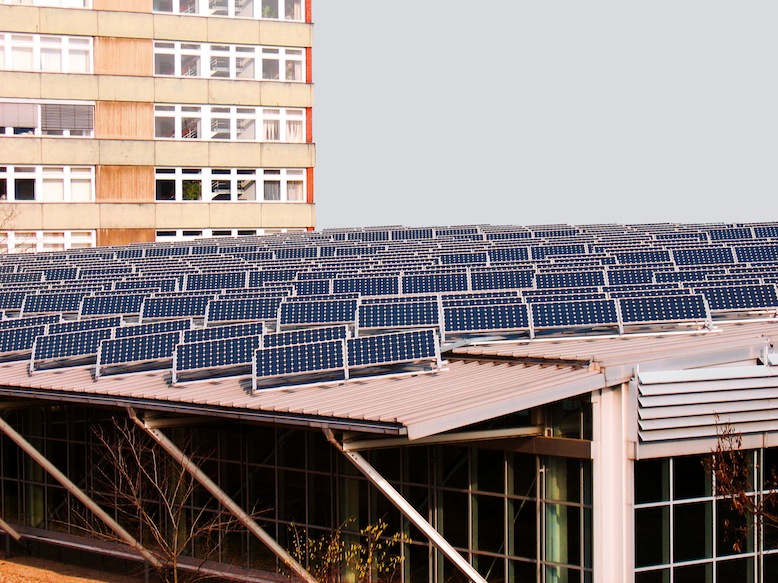Where to begin? Anytime you start something new, t he question at hand is where do you start what do you consider the beginning or the starting point.? I have chosen for starts to use the most widely to used definition that many have seen about Sustainability, The most widely used definition of sustainable development is the one coined by the World Commission on Environment and Development (Brundtland Commission):
“forms of progress that meet the needs of the present without compromising the ability of future generations to meet their needs.”

When we take a look at this definition, forms of progress that meet current needs without compromising the ability to meet future generations needs what some parts of business organizations have been doing for years. If you’re working in a position in finance, you look at a critical resource for a business, managing cash. If you are in operations, you need to manage your raw materials, in many cases this can be natural resources. In shipping and receiving departments, one looks at the inflow and outflow of products and raw materials.
When we add the lenses of looking at our resources for future generations, we look at managing these resources over a longer term perspective. Managing cash is always critical, however when looking at projects that may require more cash up front, but yield a better return over time and reduce costs and environmental impacts, a new view needs to be evaluated. A simple example of this type of scenario would be choosing an energy efficient Heating, Ventilating and Air Condition system that costs more on the initial purchase but uses less energy over time. You are using more of your cash resource in the beginning, but over time, you use less cash to operate the unit. Taking a more holistic view of the purchase has a dramatic effect on energy management over time.
Organizations are starting to look at natural resources much like they do with cash. They need to manage for the long term. They need to evaluate potential risks if those resources are no longer available. The lack of availability could be because of scarcity, or a natural disaster like the Japanese Tsunami, could make getting that resource a challenge and interrupt your supply chain receiving.
These ideas are introduced to you, to demonstrate how sustainability can be looked at in the world of business or on your jobs.
I look forward to hearing your thoughts-Cindy




